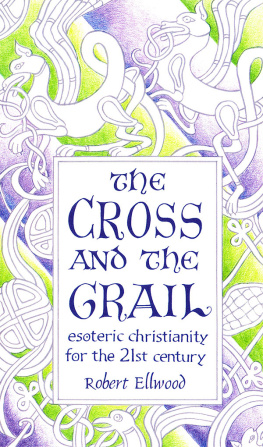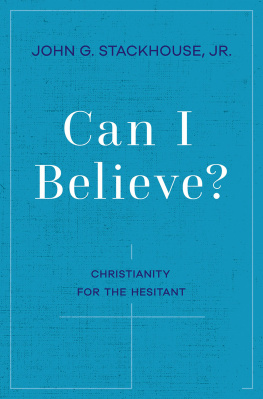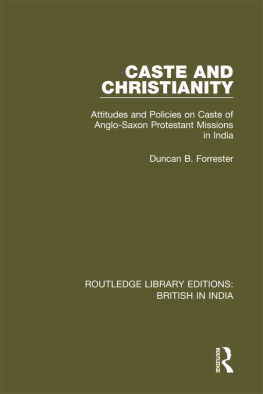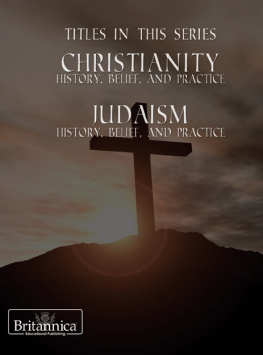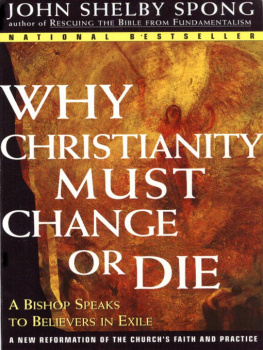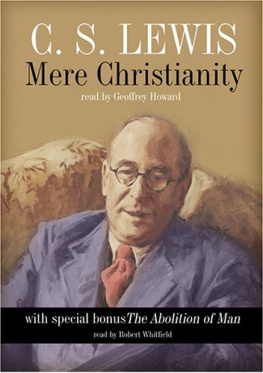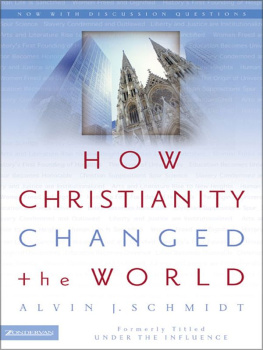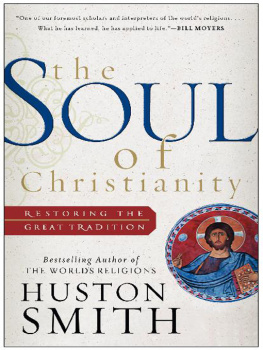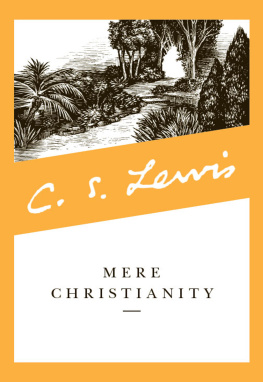APPENDIX:
LOGICAL FALLACIES COMMON TO CHRISTIAN APOLOGETICS
Special pleading is creating or allowing an exception to a generally applicable rule (a double standard) without first justifying the exception. The principled approach, by contrast, is to set or recognize prescriptive rules on the front end and then apply those rules consistently. A special pleader will set ad hoc rules or exceptions after the fact, based on whatever argument he is making. Special pleading is often used to immunize ones position from criticism by claiming that the rules applicable to everyone and everything else simply dont apply to this claim. His claim, the proponent argues, involves special considerations and must be treated differently. Why, you may ask? Because.
Special pleading is often seen in paranormal research, where those claiming such powers as ESP fail to demonstrate it under controlled conditions. They will claim, for instance, that the testing procedures themselves interfered with their abilities. When repeated tests fail to confirm their paranormal claims, they may explain that their ability is not amenable to testing at all. In this way, they render their claims unfalsifiable. Special pleading is perhaps the most common logical fallacy used by apologists, who routinely create double standards for God.
Example 1: Because all things must have a cause, the cause of the universe must be God.
This argument sets up a rule that is consistent with our common experience but then exempts God without justification. If the universe must have a cause, then why must God not have a cause? If God can be uncaused (eternal), then why could the universe not be uncaused? The first premise of the cosmological argument is often written as Everything except God has a cause, but of course that gives away the game because the exemption is written into the premise. There is no justifiable basis for simply defining God as the only thing in existence not requiring a cause just so one can prove the existence of God. It is a circular argument.
Example 2: While it is true that throughout the Old Testament, God engages in behavior we would deem horrific by modern standards of morality, we cannot judge God by those standards.
Here, the apologist has attempted to do an end run around the obvious conflict between Gods behavior, as most notoriously reflected in the Old Testament, and modern standards of common morality by claiming that no such standard applies to God. No rationale is ever offered for why we shouldnt expect Gods behavior to conform to virtually universal moral sentiments on such issues as rape, slavery, and arbitrary murder. Nor is any standard ever offered by which we might assess or classify Gods actions on an ethical scale. Gods actions are defined to be good simply because He took themanother circular argument.
Related to this argument, many apologists also claim that God, being omniscient, has ultimately beneficent goals and strategies we could not hope to imagine. Accordingly, they say, we cannot assess Gods motivations by our own limited reasoning and understanding. This has been called the Omniscience Escape Clause because it would effectively immunize any act of God from critical inquiry.
The problem, once again, is that there is no verifiable basis for concluding that an omniscient God even exists, much less that His actions follow altruistic motives. If God did exist and were omniscient, then His motives would be inaccessible to us. Such a position, therefore, has no explanatory value. To the extent it is used to rebut an argument against God, it is useless because it must assume the existence of the very God it is attempting to prove. (See 5. Begging the Question.)
Example 3: While there might appear to be conflicts between scientific consensus and the Bible on numerous points, that is only because we do not adequately understand either the true nature of the universe, the Bible, or both. If we only had better understanding, then we would see how they could be harmonized.
This argument, common among religious moderates, tries to deflect the parsimonious conclusion that conflicts between science and religion must mean that one or both are wrong. As scientific consensus is always based on a solid foundation of empirically testable and repeatable experiments, religious claims must yield where such conflicts arise. The apologist argues, however, that despite all appearances to the contrary, no such conflicts exist.
The special pleading here is that some undetectable fog intrudes to distort our observations in only those areas in which science and religion appear to conflict. Presumably, we can trust our observations in other areas, but an exception occurs once apparent conflicts are identified with religious claims. No standards are ever offered by which we can proscriptively identify situations in which our observations are trustworthy and those in which they are not. The claims subject to exception can only be identified after the fact, once a conflict becomes apparent. As such, the argument is entirely ad hoc. (See ad hoc explanations.)
The only reason the apologist has to doubt the scientific consensus or biblical interpretation is that he cannot accept that they would irrevocably conflict. He therefore creates his own set of rules, having no internal consistency or proscriptive value, by which he can dismiss any conflicts in retrospect as purely theoretical but retain all observations and interpretations that appear in accord.
Apologists can get away with these strategies because they staunchly refuse to agree to any meaningful definition of God or even of Christianity. This is perhaps the greatest example of special pleading of all. An endlessly malleable definition provides ones position with immunity from all forms of criticism. It renders that position unfalsifiable, thus serving the apologists immediate goal of deflecting attack. Unfortunately for them, however, it also renders their position epistemologically worthless.
A subcategory of special pleading is the no true Scotsman fallacy. When faced with a counterexample to a universal claim, rather than denying the counterexample or conceding the original claim, the proponent modifies the claim just enough to account for the exception in an ad hoc manner. The use of the term was advanced by British philosopher Antony Flew:
Imagine Hamish McDonald, a Scotsman, sitting down with his Glasgow Morning Herald and seeing an article about how the Brighton Sex Maniac Strikes Again. Hamish is shocked and declares that No Scotsman would do such a thing. The next day he sits down to read his Glasgow Morning Herald again; and, this time, finds an article about an Aberdeen man whose brutal actions make the Brighton sex maniac seem almost gentlemanly. This fact shows that Hamish was wrong in his opinion but is he going to admit this? Not likely. This time he says, No true Scotsman would do such a thing.
A simple rendition of the fallacy would be:
PERSON A: No Scotsman puts sugar on his porridge.
PERSON B: I am Scottish, and I put sugar on my porridge.
PERSON A: Then you are not a true Scotsman.
Apologists use this argument to deflect criticisms of Christian atrocities, church scandals, or the vast body of evidence revealing Christians to behave less morally than non-Christians. They merely wave away these criticisms by claiming those behaving badly could not have been true Christians in the first place because no true Christian would behave like that. They identify no standard by which one can identify a true Christian from a false Christian proscriptively but only, once again, after the fact, based on whether that persons behavior supports the Christian hypothesis or undermines it.


